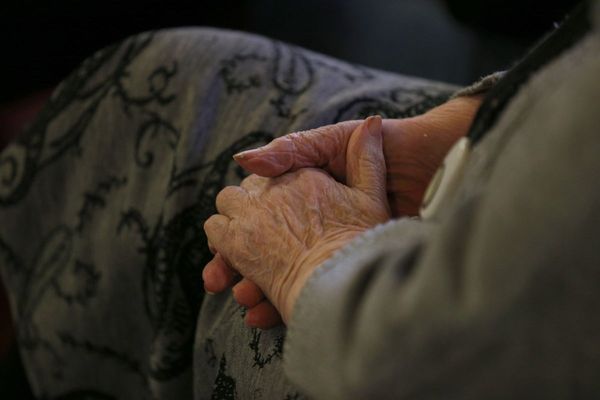Millions of universal credit claimants are being warned they could face losing their benefits if they fail to report certain changes. The Department for Work and Pensions (DWP) asks the 5.7m recipients of universal credit to report any changes in their lives which could affect the amount they get from the department each month.
Known as a change of circumstances this includes personal changes including job status, relationships, children, and other aspects. While it might seem unnecessary to some the department has a specific list of things you must tell them about. Failure to do so may result in you losing your benefits or having to pay back money later on.
Here is everything you need to know about reporting a change in circumstances including what you need to report and what happens if you don't. To get all the latest money-saving news straight to your inbox twice a week sign up here.
Read more: All the universal credit changes coming in 2023 that you need to know about
What do I have to tell the DWP about?
You need to report changes to your circumstances so you keep getting the right amount each month. You need to report changes as soon as they happen and any delay may mean you receive too much money and will have to make a repayment at a later date.
Changes in your circumstances can affect how much you’re paid for your whole assessment period – not just from the date you report them. If you don't report a change or give incorrect information you could be taken to court or have to pay a penalty.
These are the 18 things the DWP considers to be a change in circumstances and which must be reported to the department:
- Finding or finishing a job, even if it's volunteer work, or changes to earnings if self-employed
- Having a baby or adopting or fostering a child
- Changes to living arrangements such as moving in with a partner, or someone in the household going to prison, or the rent for the property changes
- Splitting up with a partner
- Getting married or divorced
- Claimant or claimant’s children start or stop full-time education or any training they were undertaking
- Claimant or partner reach state pension age
- Health changes such as becoming ill or being admitted to hospital
- If someone close to the claimant dies such as their partner, child, or someone they were caring for
- Changes to immigration status
- Changes to bank details
- Changing name or gender
- Plans to go abroad for any length of time
- Changing doctor
- Changes to pension, savings, investments, or property
- Changes to other money received (for example student loans or grants, sick pay, or money from a charity)
- Changes to the benefits the claimant or anyone else in their house gets
- Claimant or their partner getting back-pay (sometimes called ‘arrears’) for salary or earnings they are owed
READ NEXT:
DWP benefits, minimum wage and energy prices: All the big money changes to look out for in 2023
12 ways you can save money in January if you're struggling post-Christmas
'I can't afford to heat my home - it's so cold I can see my own breath'
Millions of benefit claimants set for £700 payment in landmark court case







